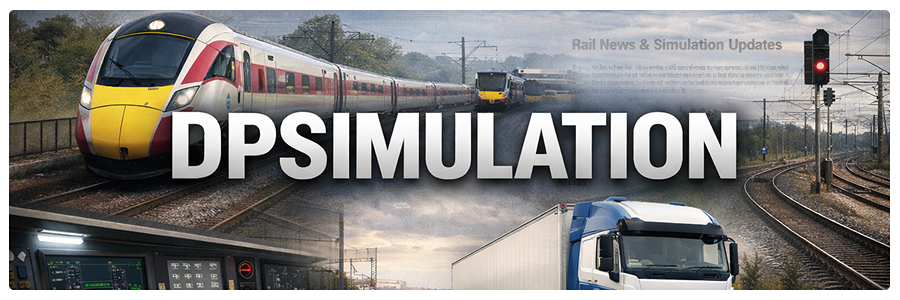
City Connection (1985-)
Developer: Jaleco
Publisher: Jaleco | Kitcorp
Genre: Platform
City Connection for the NES was developed by Jaleco and released in 1989. The game was published by Jaleco as well, originally launched as an arcade title before being ported to the NES. It also saw releases on other platforms, including the Commodore 64 and MSX, expanding its reach beyond the console market. City Connection is notable for its distinctive blend of driving and platforming elements, combining simple yet challenging gameplay with an unusual premise that set it apart from other racing games of the era.
The game’s core concept involves the player controlling a car that drives endlessly across a series of elevated highways, painting the roads by driving over every section. Players must avoid police cars, cats on the road, and other obstacles while jumping over gaps and navigating tight turns. The inspiration behind City Connection appears to be rooted in the arcade tradition of combining driving mechanics with unique, goal-oriented challenges rather than straightforward racing. The levels take place across various global cities, adding a sense of progression and variety to the gameplay.
Gameplay features include a combination of driving, jumping, and strategic timing to avoid enemies and hazards while completing each stage’s road-painting objective. The car cannot stop or reverse, which adds to the game’s difficulty and urgency. Players can also jump to avoid obstacles or enemies, and collect fuel tanks to keep driving. The soundtrack of City Connection is upbeat and catchy, designed to match the arcade-style pace and inject energy into the repetitive but engaging gameplay loop. Sound effects emphasize car engines, jumps, and crashes, reinforcing the game's fast-paced nature.
City Connection did not have a direct prequel, but it inspired a sequel titled City Connection 2, which expanded on the original’s mechanics and level design. Promotion for the game largely focused on its arcade origins and unique concept rather than flashy advertising campaigns. Upon release, the game received mixed reviews, with praise for its originality and challenging gameplay balanced against criticism of its repetitive nature and limited depth. Over time, City Connection has gained a cult following among retro gamers who appreciate its quirky design and distinctive blend of genres.
Images from MobyGames
Buy City Connection
Click one of the Ebay or Amazon buttons below to check the latest prices and purchase City Connection for the Nintendo Entertainment System.

Related Searches
City Connection NES Download
City Connection is available to purchase and download from a range of vendors. Always shop around...
City Connection NES Manual
Various repositories around the internet have scanned and archived a range of retro manuals. Search now to.....
City Connection NES Rom
We don't host or link to rom sites for this game. However, there are many sites out there that may be...
City Connection NES Walkthrough
Many sites - particularly YouTube - host a range of walkthrough videos to guide you in your quest to get...
City Connection NES Cheats
There are various sites out there that can offer cheat codes for games. Search now to find all available...
City Connection NES Controls
This information can often be obtained through the user manual. Alternatively there are many sites out there...
City Connection NES Release Date
The initial release date for City Connection is stated as July 1985. Other ports of the game may..
City Connection NES Review
There are many sites out there that have collated and documented historic reviews of this game. Search now...
City Connection Famicom
As a Nintendo Entertainment System release, this game was also likely also available on the Famicom. This....
City Connection NES Speedrun
There is now a community of competitive speedrunners who will try and gain the fastest possible time on their....







